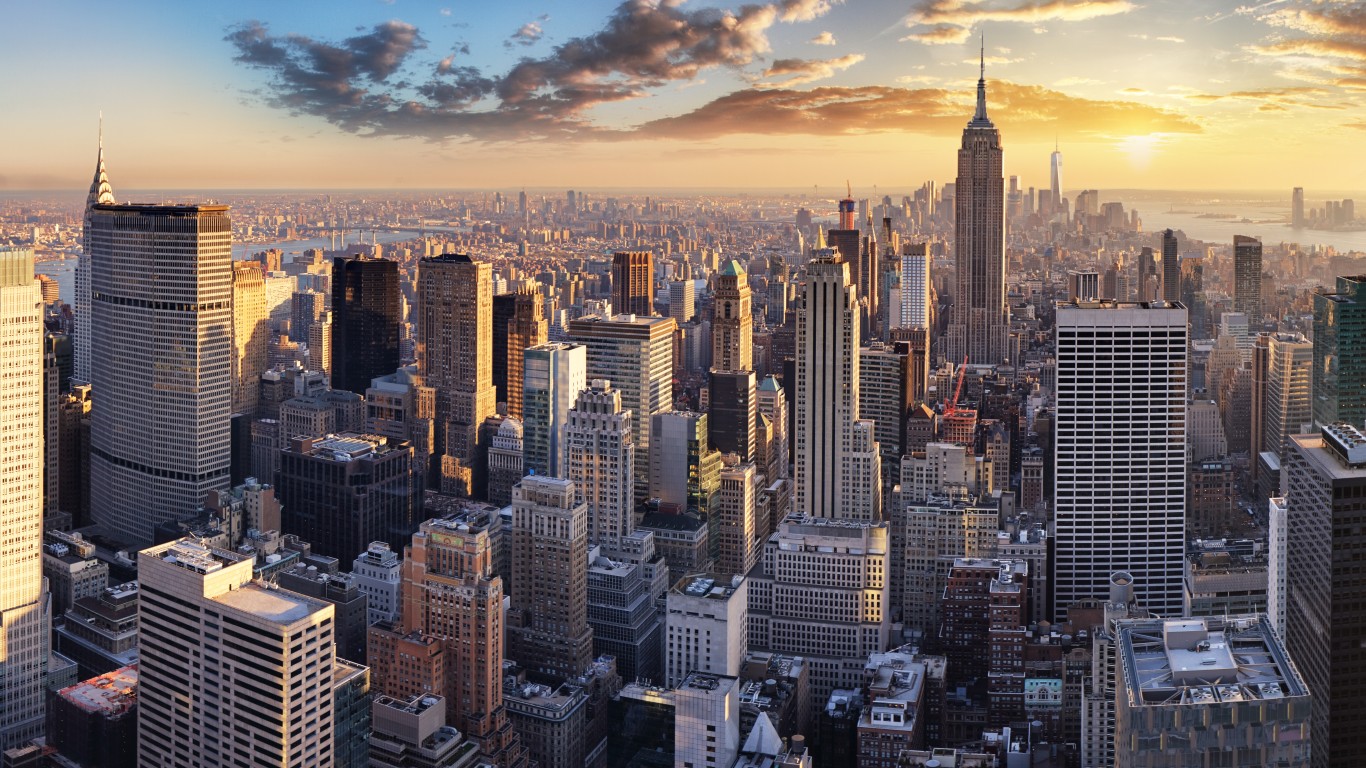Infrastructure
Can Russia Turn Out All the Lights in New York City?

Published:
Last Updated:

Can the Russians do what hot weather and a weak electric grid did to New York City in 1977 and 2003? Virtually all of New York City and much of the northeastern United States lost all their electric power and created an unprecedented crisis for individuals and business. Now, it seems the Russians can do something similar.
A Wall Street Journal story claims that Russian hackers already have breached much of the electric grid system. The hackers used the systems of major suppliers to utilities. Among the conclusions the government has drawn in the face of the information is that the electric grid could be substantially affected by the Russians.
Extreme anxiety about the news is warranted, especially if utilities could not restore power very quickly. The effects of the 2003 blackout hit 55 million Canadians and Americans and lasted two days in some areas. The initial problems with the grid started in a facility in Cleveland, Ohio, far from where most of the people hit by the blackout were located.
In theory, a blackout would bring down all major transportation systems and close businesses from banks to grocery stores. It is less clear whether key parts of the federal government, like defense systems of homeland security operations, would be crippled. A breakdown of several days would, at the very least, badly hurt the economy.
Another factor of a blackout that lasts a day is a breakdown of social norms. People panic, businesses face failure and crime probably rises. The electric grid does not just supply power; it also is the foundation of a sense of security.
Finally, the Northeast is not the only area under threat. Presumably, if forces outside the United States can damage the grid, they can do it in a number of places. Big cities like Chicago and Los Angeles may face the same risks as New York, and it may be the case in much larger regions of the nation.
Credit card companies are pulling out all the stops, with the issuers are offering insane travel rewards and perks.
We’re talking huge sign-up bonuses, points on every purchase, and benefits like lounge access, travel credits, and free hotel nights. For travelers, these rewards can add up to thousands of dollars in flights, upgrades, and luxury experiences every year.
It’s like getting paid to travel — and it’s available to qualified borrowers who know where to look.
We’ve rounded up some of the best travel credit cards on the market. Click here to see the list. Don’t miss these offers — they won’t be this good forever.
Thank you for reading! Have some feedback for us?
Contact the 24/7 Wall St. editorial team.